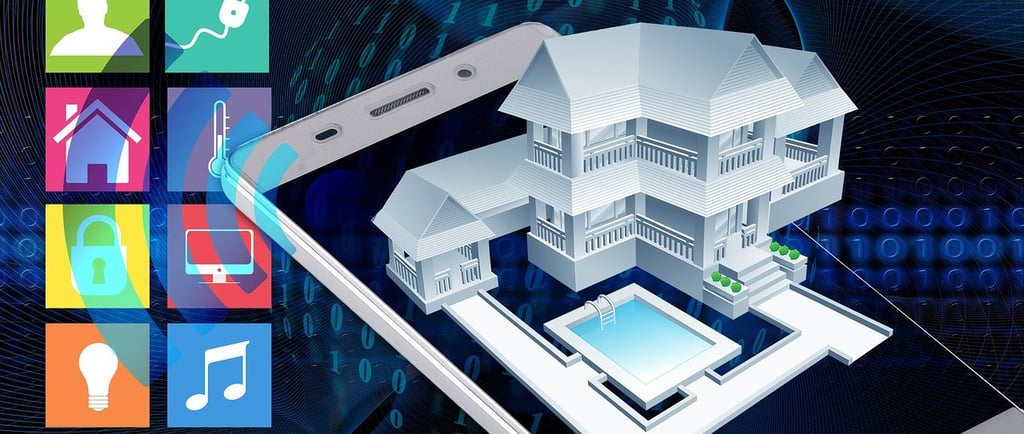Smart Home Technology: Transforming the Way We Live
Smart home technology has revolutionized the way we interact with our homes, making them more convenient, efficient, and secure. From voice-controlled assistants to connected devices, smart homes offer a range of features that enhance comfort, save energy, and provide peace of mind. In this blog post, we will explore the benefits and advancements of smart home technology, as well as its potential to transform our daily lives.


1. Enhanced Convenience and Control: One of the key advantages of smart home technology is the convenience it brings to homeowners. With connected devices, such as smart thermostats, lighting systems, and appliances, individuals can control and monitor their homes remotely through mobile apps or voice assistants. This allows for easy customization of settings, from adjusting temperatures to scheduling tasks, all with a few taps or voice commands.
2. Energy Efficiency and Cost Savings: Smart home technology promotes energy efficiency by optimizing resource usage. For example, smart thermostats can learn and adapt to homeowners' preferences, automatically adjusting temperature settings to conserve energy when no one is home. Connected lighting systems can dim or turn off lights in unoccupied rooms, reducing electricity consumption. These energy-saving features not only reduce environmental impact but also lead to cost savings on utility bills.
3. Improved Home Security: Smart home technology offers advanced security features that provide homeowners with peace of mind. With smart security systems, individuals can monitor their homes remotely, receive real-time notifications of suspicious activities, and even remotely lock doors or view security camera footage. Integration with smart locks and doorbell cameras enhances home security, allowing homeowners to grant access to trusted individuals or monitor deliveries from anywhere.
4. Seamless Integration and Automation: Smart home technology enables seamless integration and automation of various devices and systems. Through a central hub or voice assistant, homeowners can create customized routines that trigger multiple actions simultaneously. For instance, a "Goodnight" routine can turn off lights, lock doors, adjust the thermostat, and arm the security system, all with a single command. This automation simplifies daily routines and enhances overall efficiency.
5. Future Possibilities: The potential of smart home technology goes beyond convenience and energy savings. With advancements in artificial intelligence and machine learning, smart homes can learn homeowners' habits and preferences, anticipating their needs and adapting accordingly. Integration with wearable devices and health monitoring systems can enable personalized wellness experiences, from adjusting lighting to promoting better sleep. The future of smart homes holds exciting possibilities for improved comfort, safety, and well-being.
Smart home technology has transformed the way we live, offering convenience, energy efficiency, and enhanced security. With the ability to control and monitor various aspects of the home remotely, homeowners can enjoy a more personalized and streamlined living experience. As technology continues to evolve, the potential for smart homes to become even more intelligent and intuitive is limitless. Embracing smart home technology not only improves our daily lives but also contributes to a more sustainable and connected future.

